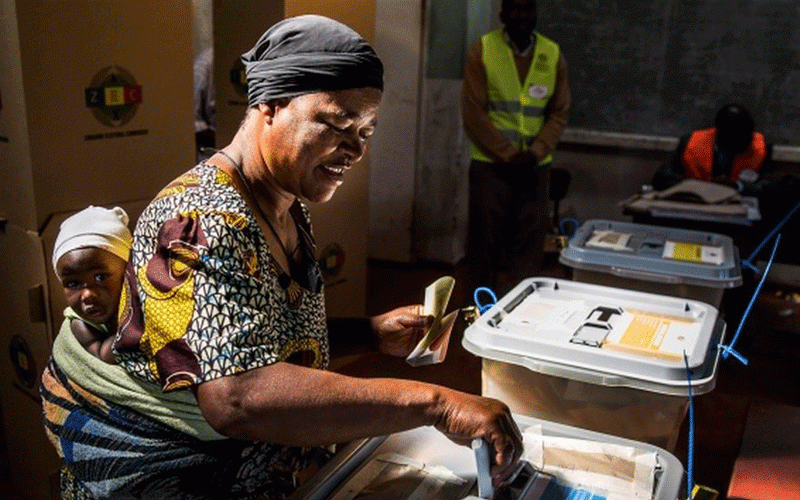
RESEARCHERS at Morgan & Co have estimated that Zimbabwe's gross domestic product (GDP) growth for 2023 will be 2,5% due to severe productivity challenges brought on by capital limits, policy changes and electricity shortages.
According to government predictions, the economy will expand by 3,8% this year, driven mostly by the mining, construction, agricultural and lodging industries.
Key presumptions such as favourable international commodity prices, normal-to-above-average precipitation, a reliable electricity supply, strict monetary and fiscal policies, and ongoing usage of the multi-currency system serve as the foundation for the estimates.
The International Monetary Fund anticipates 3,6% growth.
But in their latest research paper titled: Zimbabwe Economic Outlook 2023: Battle to be Lion King, the researchers said the local economy will be constrained.
“As Morgan & Co Research, we foresee significant productivity constraints associated with capital constraints, policy shifts and electricity shortages. As a result, we estimate GDP growth in 2023 to be at 2,5%” the research note reads in part.
“Zimbabwe has been experiencing severe electricity load shedding averaging 12 hours a day. This level of power outages was last witnessed in 2019 during the height of acute foreign currency shortages amid repeated breakdowns of thermal plants, a back-to-back drought causing dam levels to plummet, austerity measures, and abrupt re-introduction of the Zimbabwe dollar.”
According to the report, the longer load-shedding periods were caused by technical difficulties at thermal power facilities, as well as declining dam levels and import restrictions.
- Dual economy Zim’s Achilles heel
- Experts downbeat as Ncube cuts GDP forecasts
- Village Rhapsody: How Zimbabwe can improve governance
- New perspectives: De-link politics from Zim’s education policies
Keep Reading
Due to high repair and maintenance expenses, the majority of Zimbabwe's thermal power plants, like Munyati, which were commissioned between 1946 and 1957, have outlived their useful lives and are now too expensive to operate.
The 1 050 MW Kariba Hydropower Plant's production is being constrained by the dropping dam levels.
“In our view, energy supply constraints will cripple productivity and capacity utilisation across Zimbabwean industries,” they said.
“Limited supply of electricity implies there are technological inefficiencies in the country, and this will have an adverse effect on total output,” it added.
Morgan & Co also said a bloody runup to this year’s polls could be among factors to undermine crucial foreign direct investment inflows and hammer Zimbabwe’s growth prospects.
It is the latest of a series of downbeat projections by Zimbabwe’s leading advisors, who have given graphic illustrations of how bloody polls can affect the economy.
The report said should key political parties stick to their traditional resentments and confrontations, positive market sentiment will taper and bears will camp on stock exchanges, as terrified investors scamper for the exits.
The latest such confrontations hit Zimbabwe following the 2018 polls when soldiers fired shots in Harare as discontentment swelled over poll results.
Six people died as a result.
It was a repeat of many such dark phases of Zimbabwe’s polling seasons since 2000.
In its frank report, Morgan & Co said ramifications of a return to violence would be dire.
“An analysis of past events in Zimbabwe indicates that it is very likely to experience some level of political violence in 2023,” Morgan & Co said.











